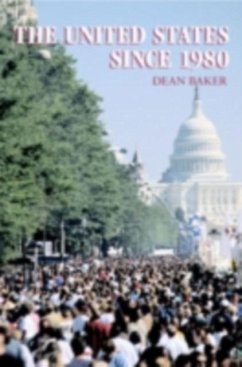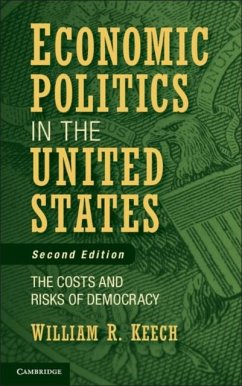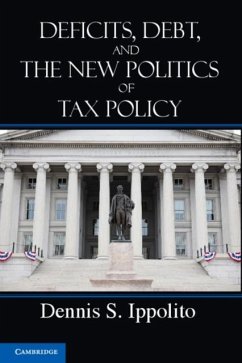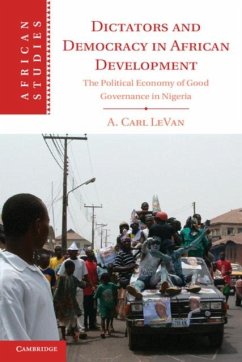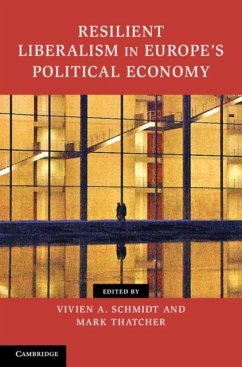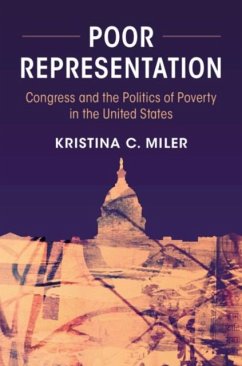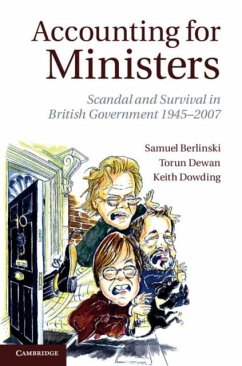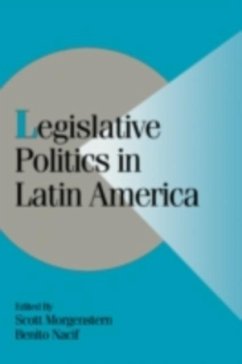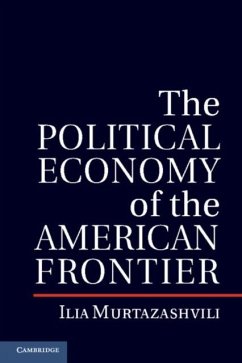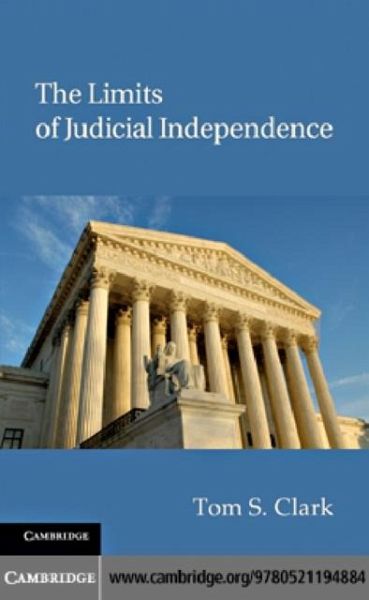
Limits of Judicial Independence (eBook, PDF)
Versandkostenfrei!
Sofort per Download lieferbar
18,95 €
inkl. MwSt.
Weitere Ausgaben:

PAYBACK Punkte
9 °P sammeln!
This book investigates the causes and consequences of congressional attacks on the US Supreme Court, arguing that the extent of public support for judicial independence constitutes the practical limit of judicial independence. First, the book presents a historical overview of Court-curbing proposals in Congress. Then, building on interviews with Supreme Court justices, members of Congress, and judicial and legislative staffers, the book theorizes that congressional attacks are driven by public discontent with the Court. From this theoretical model, predictions are derived about the decision to...
This book investigates the causes and consequences of congressional attacks on the US Supreme Court, arguing that the extent of public support for judicial independence constitutes the practical limit of judicial independence. First, the book presents a historical overview of Court-curbing proposals in Congress. Then, building on interviews with Supreme Court justices, members of Congress, and judicial and legislative staffers, the book theorizes that congressional attacks are driven by public discontent with the Court. From this theoretical model, predictions are derived about the decision to engage in Court-curbing and judicial responsiveness to Court-curbing activity in Congress. The Limits of Judicial Independence draws on illustrative archival evidence, systematic analysis of an original dataset of Court-curbing proposals introduced in Congress from 1877 onward and judicial decisions.
Dieser Download kann aus rechtlichen Gründen nur mit Rechnungsadresse in A, B, BG, CY, CZ, D, DK, EW, E, FIN, F, GR, HR, H, IRL, I, LT, L, LR, M, NL, PL, P, R, S, SLO, SK ausgeliefert werden.




